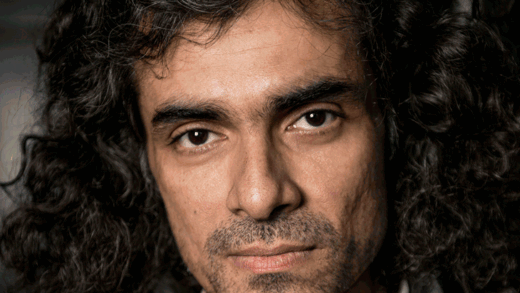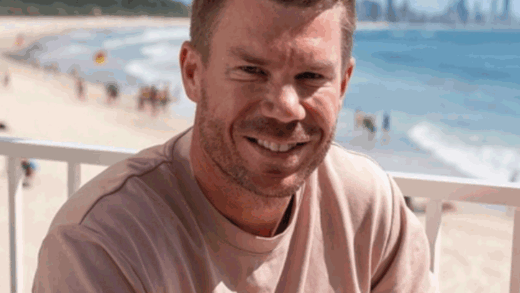Kosovo’s ruling party is on track to win the largest number of votes in Sunday’s parliamentary election, but fall short of a majority, an exit poll predicts.
The Koha News portal says Vetevendosje, the centre-left party of Prime Minister Albin Kurti, will get 42% of the vote – securing 47 seats in the 120-member parliament.
The Democratic Party of Kosovo (PDK) is polling 21%, the Democratic League of Kosovo (LDK) is on 20%, and the Alliance for the Future of Kosovo (AAK) has 6%. The electoral commission is currently not giving any count updates, citing “technical problems”.
Kurti came to power in 2021 when a coalition run by his party secured a small majority with over 50% of the vote.
His popularity has been boosted by efforts to extend government control over the ethnic-Serb majority north.
But that has antagonised Kosovo’s main backers – the EU and the US. Opposition parties advocate a more conciliatory approach, and have criticised the government’s handling of the economy.
The centre-right LDK has campaigned on joining Nato, and restoring relations with the US. The PDK, also centre-right, was founded by former guerrilla fighters of the Kosovo Liberation Army.
“We are proud of the campaign and the election day. We await the results, but already we have reason to be optimistic,” said Vlora Citaku, deputy PDK leader.
Meanwhile, AAK leader Ramush Haradinaj, a former prime minister of the country, said he was “looking forward to co-operating on the creation of an opposition government” to prevent Kurti’s return to power.
Under Kosovo’s constitution, 10 MPs must come from the Serb minority, and they will not co-operate with Kurti’s party.
The remaining 10 seats are reserved for other minority ethnic groups, which have previously worked with Vetevendosje, which translates as “self-determination”.
Kurti has previously said he would not co-operate with any of the opposition parties.
Kosovo unilaterally declared independence from Serbia in February 2008, after years of strained relations between its Serb and mainly ethnic Albanian inhabitants.
It has been recognised by the US and most major EU countries, but Serbia, backed by its powerful ally Russia, refuses to do so, as do most ethnic Serbs inside Kosovo.
Source link
#Kosovo #election #Albin #Kurtis #ruling #party #ahead #short #majority #exit #poll #shows


















